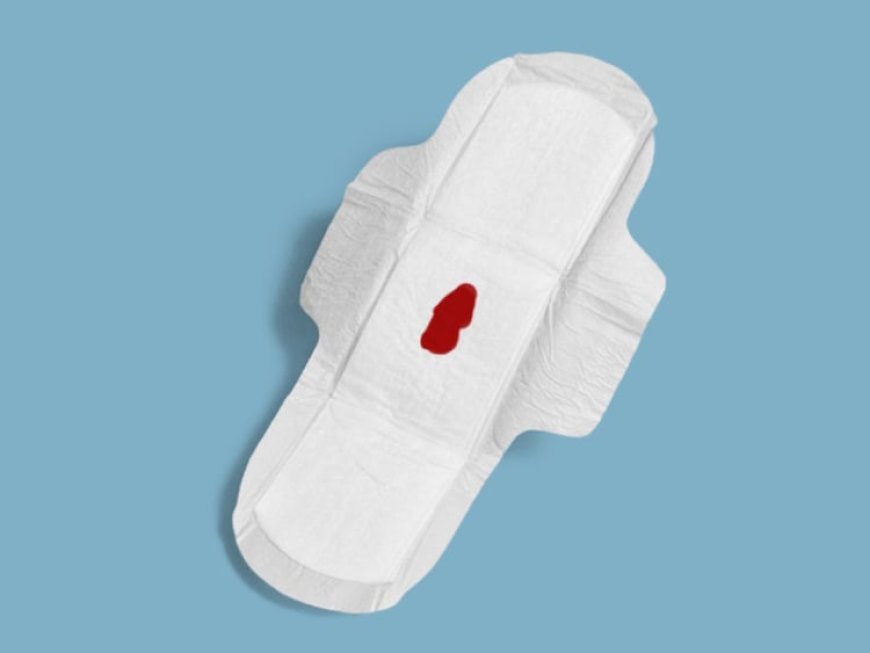Women with shorter menstrual cycles, typically around 24 days, may have an increased likelihood of becoming pregnant

This is because ovulation can occur earlier in the cycle, which means that the fertile window may be shorter and closer to the start of menstruation.
Why Short Menstrual Cycles Matter
A shorter cycle can influence the timing of ovulation, making it crucial for women to be aware of their fertility patterns. Understanding your cycle helps in recognizing when you are most fertile, which is important for both those trying to conceive and those looking to avoid pregnancy.
Strategies to Reduce Unwanted Pregnancies
To minimize the risk of unwanted pregnancies, consider the following precautions:
1. Use Contraception: Employ reliable methods of birth control, such as condoms, birth control pills, or long-acting reversible contraceptives (LARCs).
2. Track Your Cycle: Keep a record of your menstrual cycle to better understand your ovulation and fertile days. Various apps and calendars can assist in this tracking.
3. Consult a Healthcare Provider: Reach out to a healthcare professional for personalized advice on family planning and to explore suitable contraceptive options based on your health and lifestyle.
4. Educate Yourself: Stay informed about reproductive health, as knowledge empowers you to make better decisions regarding your body and family planning.
What's Your Reaction?





























































